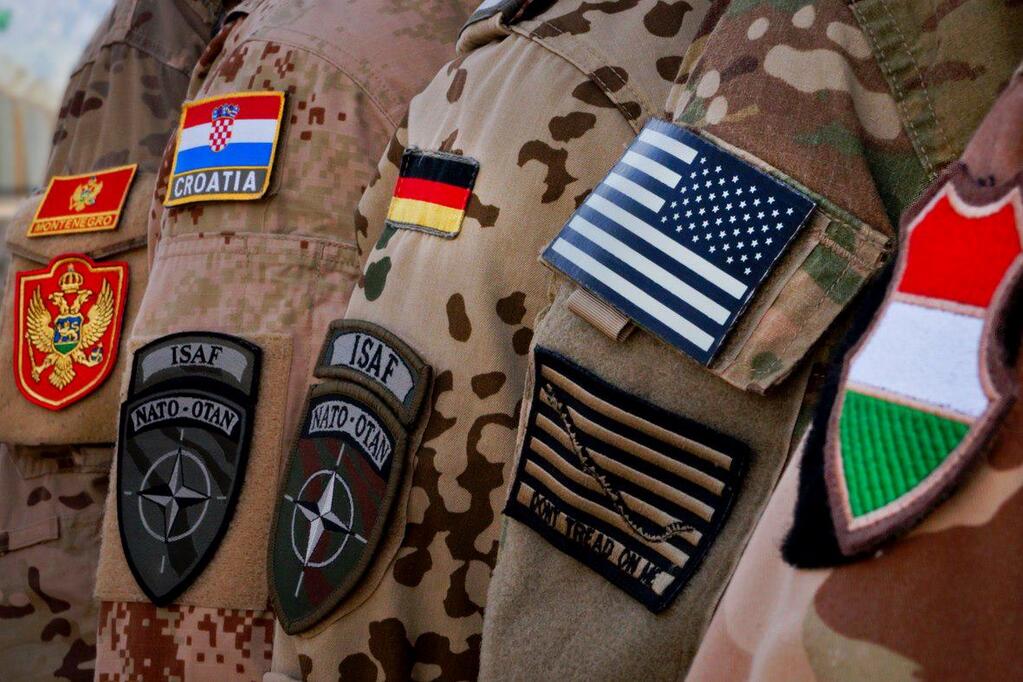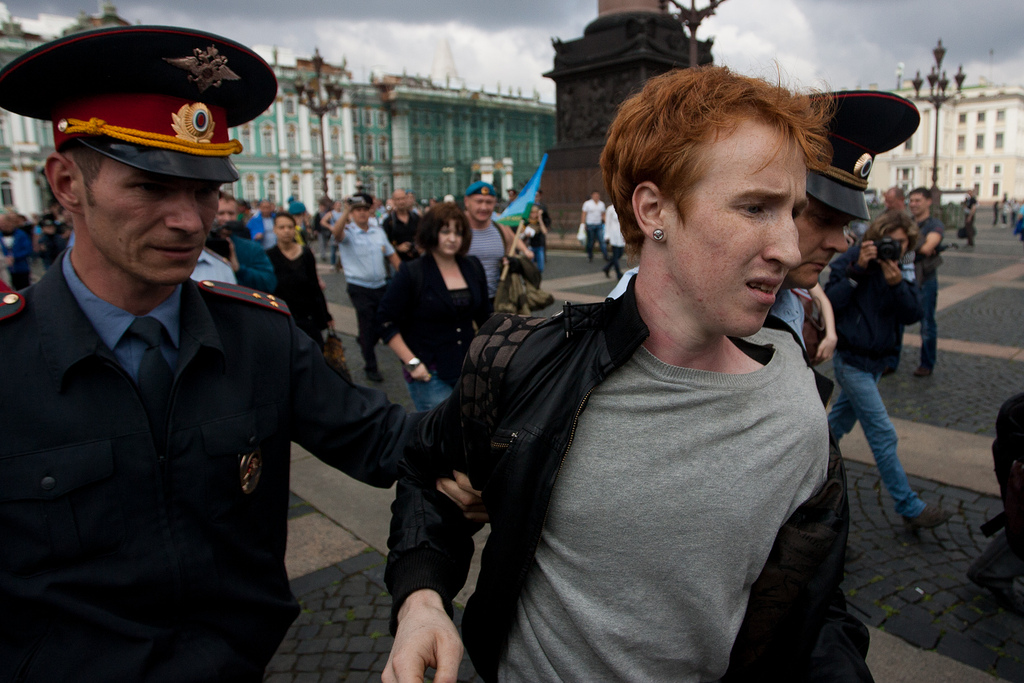
Almost since the alliance was created, there have been worries about the inefficiency and potential demise of the North Atlantic Treaty Organization [NATO]. The alliance’s burden-sharing has always been uneven, raising resentments among those who over-pay. In Afghanistan, the burden-sharing problem has been far more problematic as it is measured in blood, rather than spending as percentage of GDP. The perceived lack of effectiveness in Afghanistan and NATO’s refusal to engage in Syria feed these fears about the alliance. So, it should be no surprise that in this time of austerity there is much concern about the future of NATO once again.
The reality is, as always, just a bit more complex. If we want to ask “is NATO worth it?” by looking at its past efforts, we need to keep in mind the goals of each operation. If we remember that in most cases NATO’s goals were somewhat limited, then the alliance has been rather successful. In Bosnia, NATO did not end organized crime or produce functional democracy, but it did provide a far more credible force than UNPROFOR, enforcing much of the Dayton Accords. In Kosovo, NATO ended the threat Serbia posed to Kosovo’s Albanian (and Muslim) majority. The effort took months, rather than days, and produced a peacekeeping mission that continues to this day. But in terms of preventing the conflict in Kosovo from spilling over to create regional tensions, the intervention worked. In its aftermath tensions rose in Macedonia, which, for once, NATO jumped on quickly, producing an agreement that required relatively minimal effort to enforce.
Afghanistan is far more complex than these other missions, and NATO certainly over-reached. Building a self-sustaining Afghan government turned out to be far harder than previous efforts. The stresses revealed the seams in the alliance far more than the previous or more recent missions. Even in this case, NATO did not utterly fail. Yes, there were problems with caveats, nationally imposed restrictions on what countries were willing to do, and other means of control that impacted NATO’s effectiveness, but more countries provided more real effort in Afghanistan, despite the costs and the uncertainties than the “willing” countries in the coalition of the willing in Iraq.
The Libyan mission is an interesting contradiction, as NATO had far more limited objectives here but these objectives were far more than what some of those who legitimated the mission (Russia, China, the Arab League) expected. The aim of civilian protection became regime change (because the former logically required the latter), although everyone will deny that. Still, NATO made no commitment to do anything after Qadhafi’s government fell, so the alliance achieved what it set out to do. Sure, the burden-sharing was visibly lop-sided with less than a third of the alliance willing to drop bombs, but NATO’s history of procuring and practicing inter-operability meant that planes were able to refuel in the air many, many times without significant incidents.
Much more quietly, NATO has played a key role in fighting piracy off the shores of Somalia. In the past year, pirate attacks have dropped to near zero. Non-events tend not to get much news, especially when they “occur” at sea. To be sure, this change is not just due to NATO’s efforts, but the coordination provided by the alliance has certainly made a difference.
Sure, NATO is in a crisis right now, as the budget cuts throughout the alliance will only make it harder for the alliance to deploy and will probably exaggerate the burden-sharing problems. Moreover, Europe is more than a bit worried about the American pivot to Asia. Yet the reality is that there is no substitute for NATO in European security. It is easy to dismiss suggestions that the European Union will supplant NATO. The EU has repeatedly failed when called up to act in a crisis, only deploying after NATO does all of the hard work. All efforts to develop a European Security and Defense Policy are stymied by disagreements among the members. Coalitions of the willing may develop when NATO cannot come to a consensus, but these coalitions have all of NATO’s problems (caveats, burden-sharing) and none of NATO’s advantages (legitimacy, practiced inter-operability, etc.)
It always comes down to this: NATO is the worst form of multilateral military cooperation… except for all of the other forms. NATO is generally better than unilateralism, far more functional than UN or EU security cooperation, and mostly superior to coalitions of the willing. Consequently, despite the anxieties, NATO will continue to stick around for a while longer. It may not intervene again in any place soon, but when leaders look around for some military cooperation, NATO will be there.







